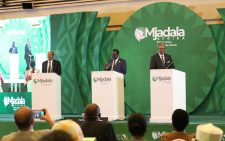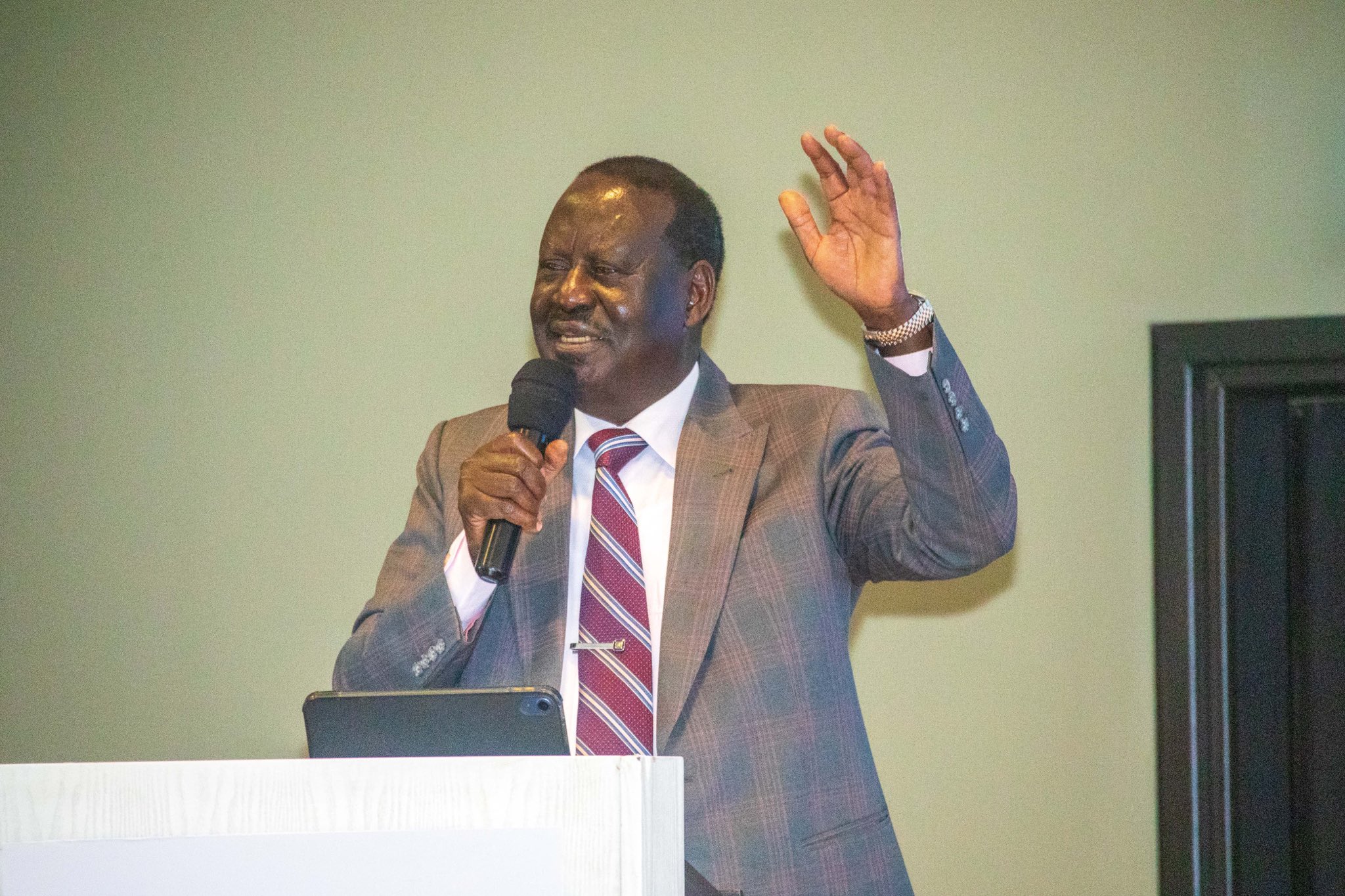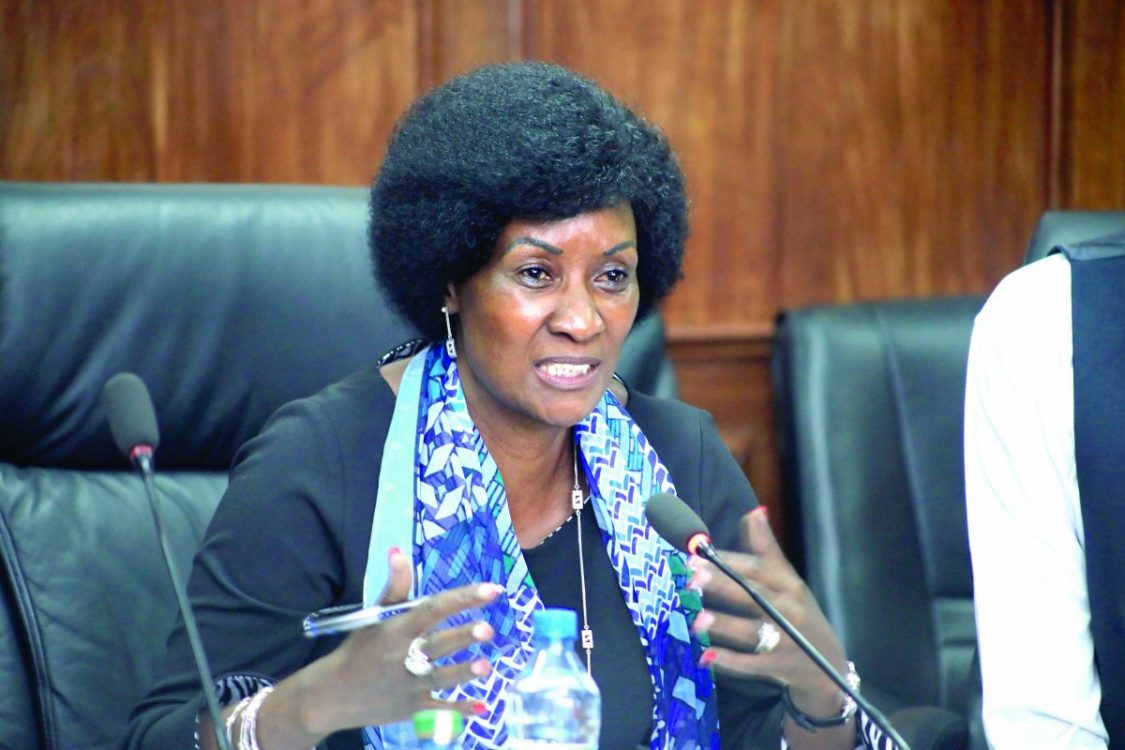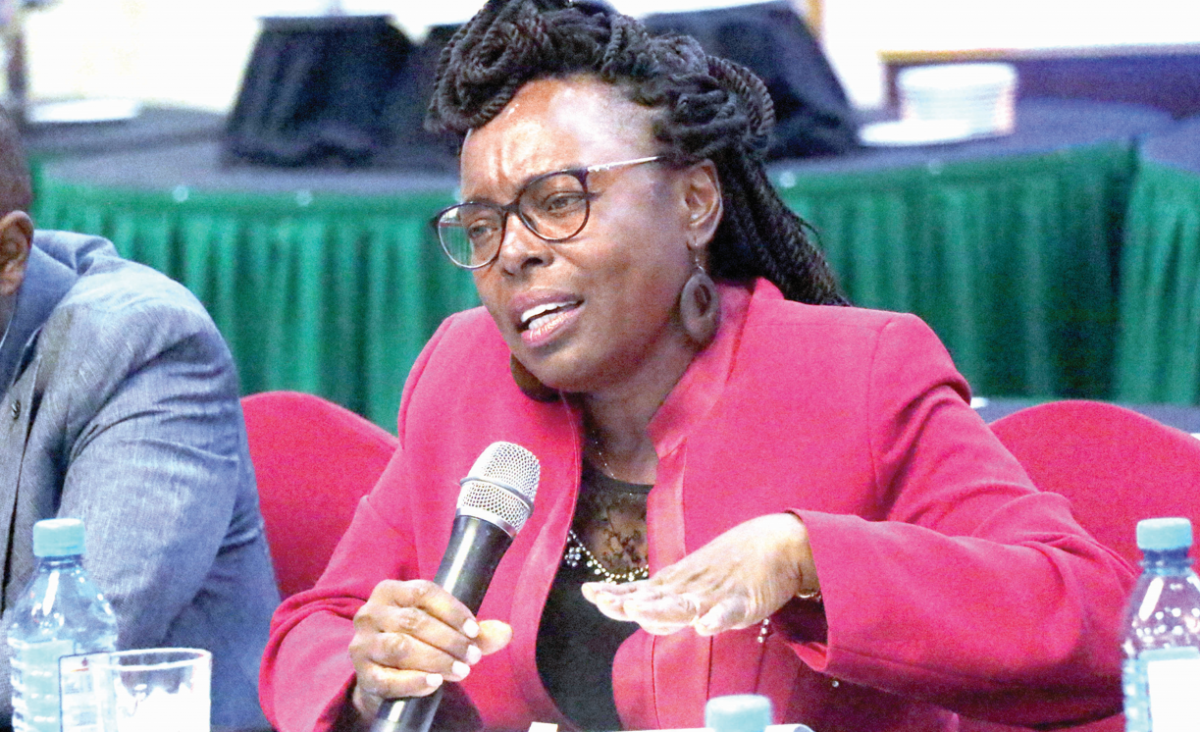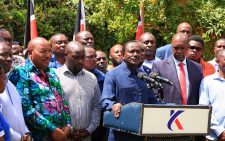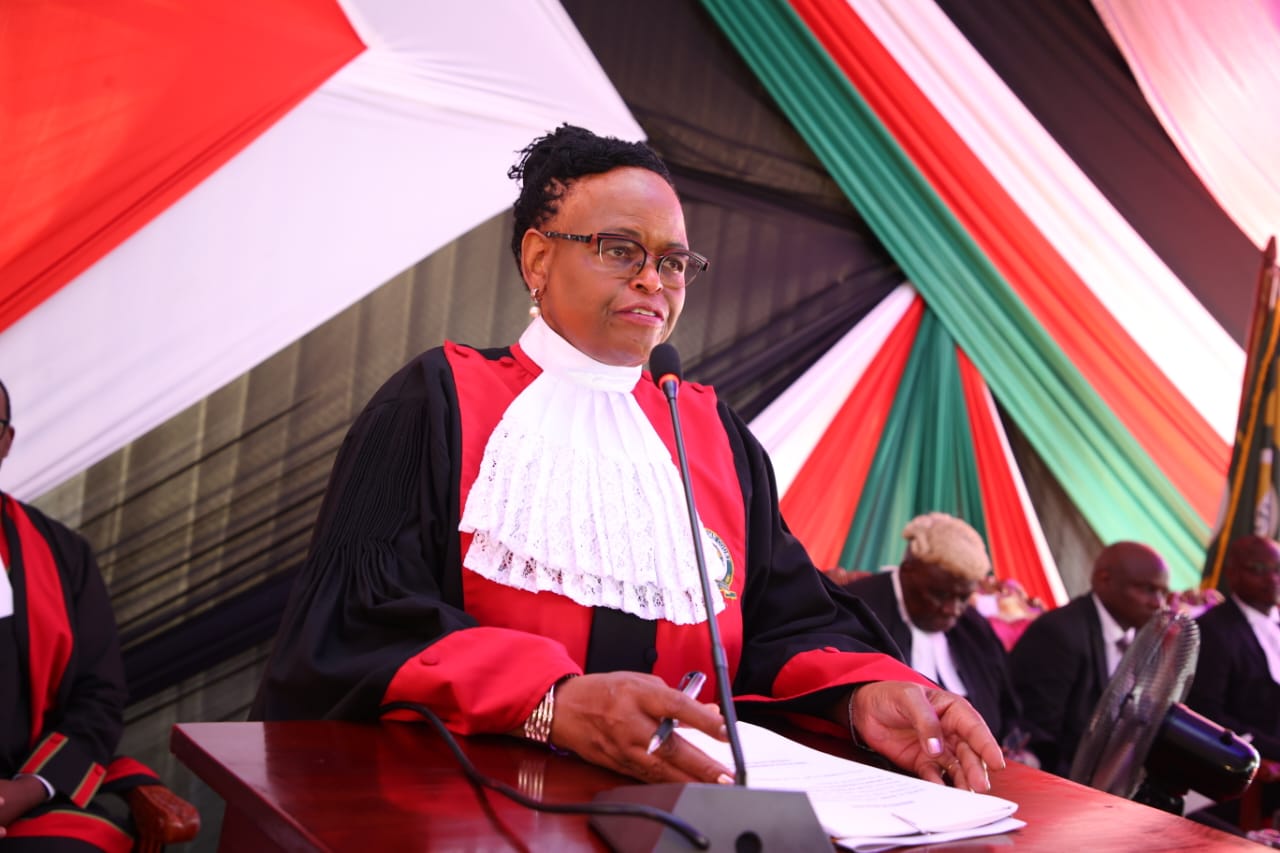Raila declares final Supreme Court verdict on poll ‘hot air’
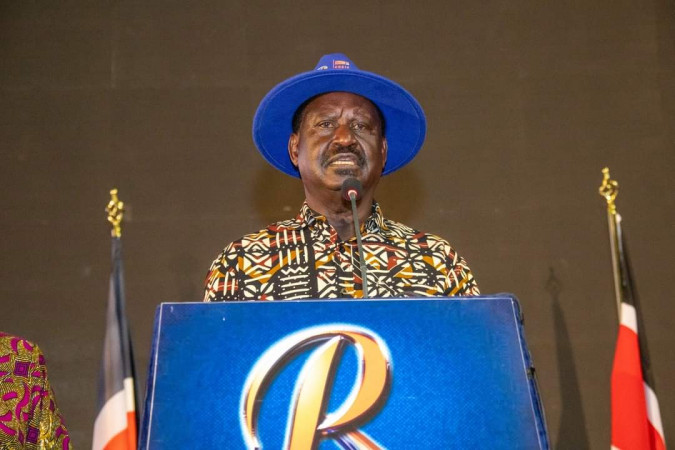
Azimio-Ome Kenya’s unsuccesful presidential candidiate in the August 9 contest Raila Odinga and his running-mate Martha Karua yesterday scoffed at the full Supreme Court judgment which they termed as ‘hot air’ and lacking jurisprudential value.
The duo broke their silence after the Supreme Court rendered its full judgment on Monday, saying that the apex court’s reasoning lacks integrity in both fact and law and is not grounded in any discernable logic.
Sought nullification
In a statement, Raila and Karua charged that the court failed to satisfy the basic requirement of a fair trial.
“The bottom line is that we find no material difference between the summary judgment that the court read on September 5. In our view, we feel entitled to use the language of the court, the full decision lacks merit and is plainly ‘hot air’,” said the duo.
Raila and other petitioners had sought the nullification of William Ruto’s victory in the August 9 General Election.
Nine petitions were filed out of which eight supported the nullification, while one supported Ruto’s election.
Raila and Karua objected to the court’s findings, saying that there is dissonance on the basis of their reasoning, adding that on one hand the court clearly establishes the illegal conduct by the Independent Electoral and Boundaries Commission (IEBC) chairman Wafula Chebukati and on the other hand the court overlooks his conduct.
“The court overlooks the critical finding and excuses Chebukati despite the glaring violations of the Constitution and law. In our view, these were sufficient grounds to nullify the elections,” said the two in a statement.
The duo had petitioned the court to find out whether IEBC carried out the verification, tallying, and declaration of results in accordance with Article138 (3)(c) and 138(10) of the Constitution.
However, the court argued that notwithstanding the divisions apparent between the chairperson and the four commissioners, IEBC carried out the verification, tallying, and declaration of results in accordance with Article 138 (3) (c) and (10) of the Constitution. “The mandate of tallying and verification of votes is vested in the commission as a collectivity, and the chairperson cannot exclude any member or members of the commission. However the declaration of results vests exclusively in the chairperson.”
Raila and Karua contend that the court made key recommendations for normative and structural reforms of the IEBC due to what it calls the commission’s ‘dysfunctionality’.
“It is unthinkable that such a mortally dysfunctional could have conducted free and fair elections. We find that on all major planks of our petition’s argument, the court failed to satisfy the basic requirements of a fair trial,” reads part of the statement.
Institutionalised guidelines
The Supreme Court argued in its judgment that IEBC ought to effect formal internal guidelines that clearly delineate the policy, strategy, and oversight responsibility of the chairperson and the commissioners and develop institutionalised guidelines on how to manage the separation of administrative and policy domains.
The seven judge bench further recommends that the roles of the chairperson, commissioners, and the Chief Executive Officer, other staff and third parties should be clearly set out in both the legislative and administrative edicts.
Yesterday, the Azimio la Umoja pair charged that the court disregarded evidence of illegal and improper conduct by the Venezuelans and related technology failures and compromises, especially by Smartmatic, the shoddy treatment by the court of the constitutional threshold of 50 plus one and the lack of integrity of the results transmission system.
The petitioners had sought the court’s intervention asking whether there was interference with the uploading and transmission of Forms 34A from the polling stations to IEBC’s public portal.
However, the court in their ruling, argues that there was no credible evidence presented to prove that anyone accessed the Results Transmission System (RTS) to intercept, detain or store Forms 34Atemporarily before they were uploaded onto the Public Portal and that the allegation that 11,000 Forms 34A were affected by staging was similarly not proved.
“The allegation that IEBC, its officials and strangers used a tool to tamper with the forms 34A before converting them to the PDF that eventually appeared on the Public Portal was sufficiently explained when IEBC demonstrated how KIEMS captured and transmitted the image of Form 34A. Accordingly, we dismiss the allegation,” reads part of the court’s judgment.
According to the apex court judges, the petitioners failed to show how the failure of the Kenya Integrated Elections Management System (KIEMS) kits compromised the presidential vote.
“Smartmatic was procured to provide the necessary technological infrastructure as IEBC did not have the capacity to do so. No credible evidence meeting the requisite standard of proof of access to the system by unauthorised persons was adduced by the petitioners,” the judges said in their full judgment.
The two now hold that whereas Kenyans turned out in large numbers to vindicate their bourgeoning democracy, the two key institutions charged with protecting the voice of the people –IEBC and the Supreme Court negated and subverted the will of Kenyans.
“It is regrettable that the court acted unethically and failed to follow its own precedent. The language directed at us sounded like that of an opponent and not of an impartial arbiter. In our judgment, the ruling lacks any jurisprudential value.”
And now, the two are calling upon Kenyans not to lose faith in the struggle for democracy and assuring them that they will continue to pursue justice.
